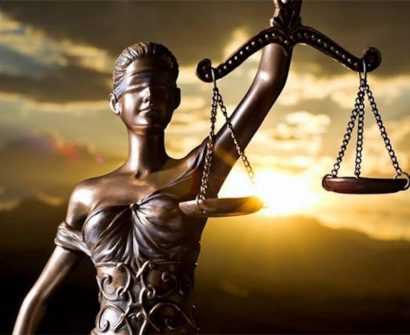
The Prime Minister and the Council of Ministers hold real power in a Parliamentary system of government; the President just serves as the official head of state. Until the house of people gives them confidence, the Council of Ministers is in office.
When a scenario arose in the 1971 case of unr rao vs indira Gandhi, the Supreme Court of India took up the matter. In order to resolve this dispute, the Supreme Court examined a number of Articles of the Constitution.
unr rao vs indira Gandhi Case Facts
- On Prime Minister Indira Gandhi’s advice, then-President V. V. Giri dissolved the Fourth Lok Sabha on December 27, 1970. One year ahead of schedule, this Lok Sabha was dissolved.
- The Prime Minister, Indira Gandhi, realized that her minority government was going to fail because the house of people no longer had faith in it. She therefore called for new lok sabha elections by dissolving the existing assembly.
- Respondent Indira Gandhi and her Council of Ministers held their respective positions even after the Lok Sabha was dissolved.
- In order to demonstrate the authority of the respondent in holding the position of Prime Minister of India during the absence of the Lok Sabha, the petitioner went to the Supreme Court of India and requested the issuance of a writ of quo warranto against her. The main topic and the parties’ arguments are covered in the sections that follow.
unr rao vs indira Gandhi Issues
- May a Council of Ministers resign or the Legislature be dissolved before the Council of Ministers may resume its operations?
Contentions by the Parties
Petitioner:
- The appellant argued that the Prime Minister and other Ministers, as well as the Council of Ministers, ceased to exist when the House of the People was dissolved in accordance with article 83 2 of the indian constitution.
- The language of article 75 3 of the indian constitution, which states that the Council of Ministers should be held jointly accountable to the House of People, served as the foundation for this argument.
Respondent:
- The reply contended that in spite of the dissolution of Parliament, the Prime Minister and her cabinet must remain in office as “caretakers” in order to maintain national security and prevent chaos in the absence of a government.
- This point of view is also consistent with the conventions seen not only in the UK but also in other nations that have a comparable system of responsible governance.
unr rao vs indira Gandhi Judgment
- The petitioner’s argument was rejected by the Supreme Court, which concluded that English law is where the convention and idea of collective responsibility originated. In England, the custom is that the Prime Minister and his cabinet remain in office as “caretakers” even after the Parliament is dissolved, as their absence would undermine the nation’s administration and peace.
- Additionally, it maintained that the House’s Collective Responsibility to the Cabinet was only in effect while the House was not in session or dissolved. Article 74(1) must be followed. It states that the Prime Minister will lead a Council of Ministers to assist and counsel the President in carrying out his duties.
- The appellant contended that the term “shall” in this case should be interpreted as “as May,” but the court rejected this contention. Article 52 is a requisite clause. Stated differently, “There will be a President of India.” This also applies to Article 74(1).
- The Constituent Assembly did not select the Presidential system: Article 75(2) states that Ministers serve as long as the President so desires. The respondent may continue to hold office at the President’s discretion, but he has not stated as much. The President cannot execute the executive branch without the support and counsel of the Council of Ministers, as required by Article 74(1). Article 75(3) and Article 74(1) and (2) provisions need to be reconciled. Article 75(3) establishes what is commonly referred to as responsible government.
- The idea of ministerial responsibility as it relates to the interpretation of Articles 74(1) and 75(2) is considered in Article 75(3). “Responsible government” is defined in Article 75(3), and the House of People must have faith in the Council of Ministers.
- As long as the house of representatives is not dissolved, Article 75(3) is in full force. However, the House of People’s faith in the Council of Ministers will naturally evaporate with its dissolution. Therefore, it is appropriate to interpret Article 75(3) in this context to suggest that the concept of collective responsibility is only applicable while the House of the People is in session, not when it is dissolved or prorogued.
- The Supreme Court rejected the appeal.
With the goal of giving students the best coaching available for law entrance exams including the CLAT, AILET, and various other numerous state judiciary exams, Jyoti Judiciary Coaching, India’s Finest educational Platform, was established. Come enrol now with Jyoti Judiciary!
For any latest news, legal topics, judiciary exams notifications, patterns, etc watch Jyoti Judiciary’s YouTube channel for legal videos for any updates at https://youtube.com/@jyotijudiciarycoaching4852?si=2cwubh9d2A9urwJf








